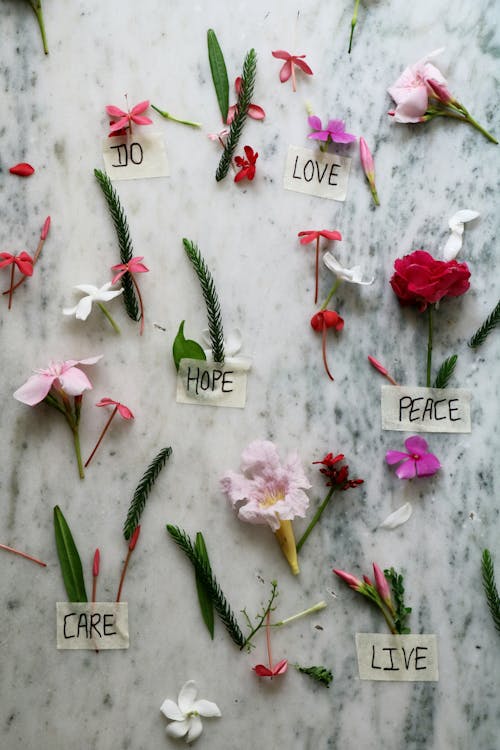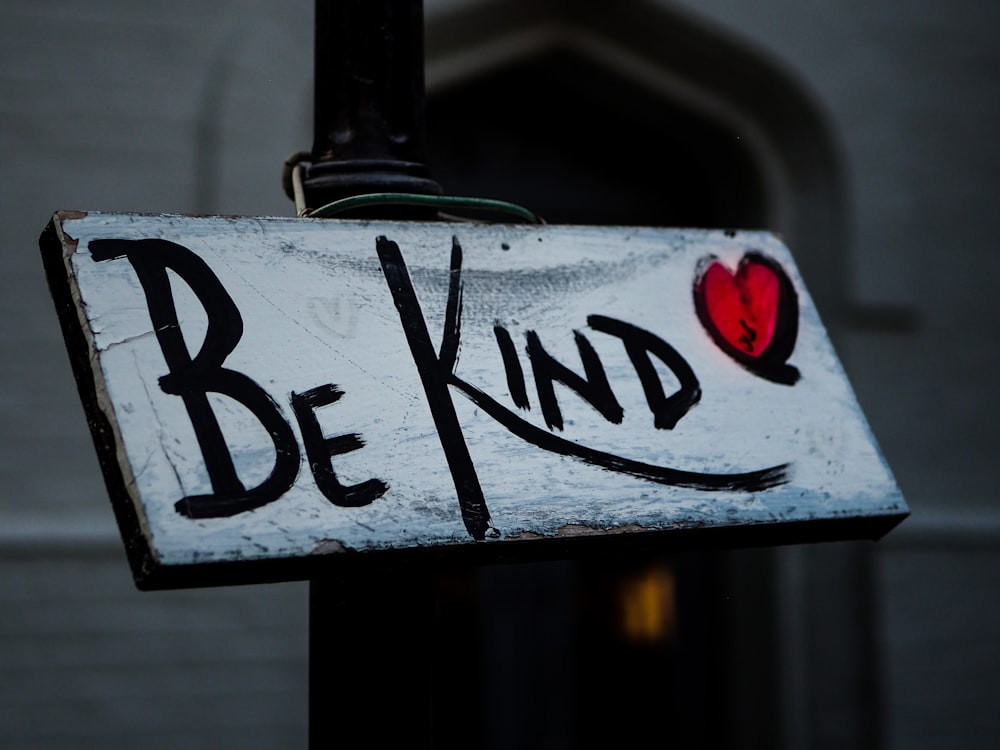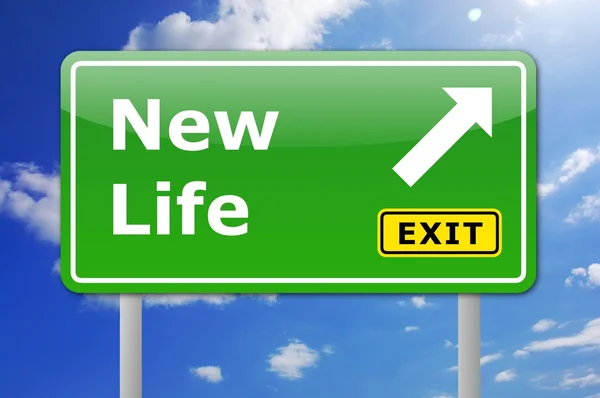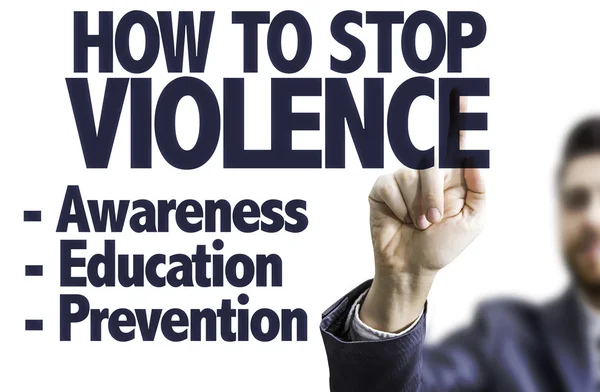
The Catholic Times the Light of the World column gives us the difference between the Catholic Teaching on the universal ethic to help a neighbor in need as seen by the Atheist and Catholic.

The Catholic Times the Light of the World column gives us the difference between the Catholic Teaching on the universal ethic to help a neighbor in need as seen by the Atheist and Catholic.

In his column, a priest university professor reminds the readers of the Catholic Peace Weekly that our faith life is a life of charm and fascination. This is not the way religious life is described but we are followers of Jesus— is there anyone in the history of the world who had a more fascinating and attractive life?
It's been quite some time since the crisis of COVID-19 has passed but the columnist still feels we have a long way to go to return to pre-Covid days. One is accustomed to not going to church or no longer having the opportunity to go. However, it seems to him that more people are skeptical of their faith than before. This may be due to the negative perception of religion in the social and cultural atmosphere of the 'postmodern' era, although the COVID-19 crisis also helped.
In fact, people leave the church because they are not attracted to it. If you ask teenagers why they stopped going to church they answer: "Because it's not fun." They did not feel joy or attractiveness in faith. For them, the church did not have the values of freedom, equality, dialogue, and communication, which are the values of this era, it is often seen as stuffy, boring, and forced on us by duty.
But is faith really as stuffy and old-fashioned, as many believe? When you look at the life that Jesus lived you can see that it was never like that. It was not Jesus who imposed commands and forced faith like a heavy burden, but the Pharisees and the scribes of that time.
Jesus invited us to a life of joy living as a child of God, free from the heavy burden of detailed law provisions of that era. Those who met him experienced life as a festival and felt the joy of living as a child of God. Perhaps the negative preconceived notions of faith are often created by ourselves. Have we insisted on our own religious life that has nothing to do with Jesus' life and lived our faith life as a burden, and not joy, and taught it to our children and others in this manner?
We need to remember the words of Archbishop Joseph Doré of France: "We must now break with the notion that believing in God is an obligation imposed and the acceptance of abandonment of all. For those who believe in God whom Jesus revealed and gave flesh, faith is not a senseless act or concern added to life, but light, strength, happiness, and grace" ("Jesus for All").
Pope Francis also emphasizes the "charm" of faith. ("Joy of the Gospel", paragraph 14) "All of them have a right to receive the Gospel. Christians have the duty to proclaim the Gospel without excluding anyone. Instead of seeming to impose new obligations, they should appear as people who wish to share their joy, who point to a horizon of beauty, and who invite others to a delicious banquet."
Faith, as some people believe, is never a belief in heavy, old-fashioned, outdated superstitions and teachings. Rather, faith is full of charm, joy, and a source of new life for those who follow Christ. They live in the world with the people of the world, but they live a different life. We are children of God, not bound by the world, and live freely dreaming of heaven. You can live richly even if you don't have anything, and you can live with ease of mind even with concern for those whose life is more difficult than our own.
Jesus was a charming man. Our religious ancestors were also fascinated by Jesus and his gospel, they wanted to protect their faith even by giving up their lives despite the threat of persecution. Shouldn't we also accept this faith that they have cherished and inherited as valuable and live a life of faith that exudes its charm to the people of the world?

The Catholic Peace Weekly in the Diagnosis of the Times column by a university professor in the addiction department of a Catholic University gives us some important thoughts on the problem faced with addiction.

Even while realizing the climate crisis in everyday life and witnessing extreme polarization in the neoliberal economic system, people focus only on the material pleasures in front of them and express only selfish desires. It is easy to witness the absence of deep thinking and the failure to form social consensus. Is it no longer possible for individuals, influenced in the neoliberal system, to pursue communal wisdom toward the future and to act and practice as a community? It is difficult to escape from the overwhelming neo-liberal ruling order. It is full of lethargy and resignation.
The Catholic Times has an article on the recent news made public at the World Youth Day in Lisbon: The next WYD will be held in Korea, news joyfully received by the Korean Church.
The problem is that there is no suitable place in Seoul to gather so many participants. Gwanghwamun Square and Seoul Plaza, where the beatification ceremony was held in 2014, are being discussed, but the venue is narrow and requires long traffic control. Seoul Airport and Imjingak, a symbol of the division of the Korean Peninsula, are also on the list, but they are outside the jurisdiction of the Archdiocese of Seoul.

A priest director of a Human Rights research center gives the readers of the Catholic Peace Weekly some thoughts on one of the important issues of our era.
Here in Korea, we suffered greatly from the heavy rains from June, the heatwave immediately followed and the typhoon blew harder than ever. He doesn't care to go outside when it's over 30 degrees in the morning. Hearing that wearing black clothes, which are looser than white clothes, is better for dissipating heat in the body, he becomes concerned about what he wears.
The struggle for survival between water and fire is harsh in every corner of the earth. Most people feel that climate change is real and very dangerous. However, I am still not interested in the way of life and behavior I should choose to live.
We now live in an environment with the highest carbon dioxide concentrations ever seen in the Earth's atmosphere in the last 3 million years. Carbon dioxide, a very small amount in the earth's atmosphere, accounts for more than half of the greenhouse gas composition and heats the earth by trapping heat in the atmosphere. If greenhouse gases continue to rise, along with carbon dioxide, mostly from fossil fuels, the global environment will lead to catastrophic disruptions unlike anything we've ever experienced. We and the ecological environment are connected and dependent on each other because we are in a mutual relationship. The misuse and abuse of human capacities and the ecological world threatens our lives. It is time to think beyond the vague fantasy of 'sustainable growth'.
As much as this is an era of crisis, it is also an era of answers and accountability. The pandemic that has wreaked havoc on the world has shown just how devastating the unequal divide between wealth and poverty can be, and it has also revealed that no one is safe if everyone is not safe. Structural social problems such as climate change cannot be solved by 'the sum of individual good deeds', but they cannot be initiated without an internal transformation to be born as an 'ecological citizen', that is, without ecological repentance and the formation of ecological habits. (Pope Francis Laudato Si 211-219)
What kind of 'lifestyle' I live is the measure of ecological conversion. Do you live with humility and simplicity? Are my benefits greater than the pain of the world? Is a big house, a nice car, a large piece of land your goal in life? The climate crisis poses serious existential questions for each of us. This crisis is also in the realm of politics, policy, science, and technology, but more fundamentally, it is a spiritual and ethical problem that humans constantly face in the history of crisis. Consumerism for comfort and the easy 'lifestyle' is at the center of this crisis.
Saint Gregory of Nyssa shows how our gluttony leads to all sorts of selfishness. The Apostle Paul teaches us to find rest in gentle relaxation. Do not indulge in a frenzy of pleasure. Don't make yourself a destroyer.
He is not saying to practice abstinence as we traditionally understand it. The word 'asceticism' comes from the Greek word 'askesis', which means putting theory into 'practice'. Rather than giving up something, it means constantly training and practicing. In the Gospels, all the disciples gave up their possessions, fasted, abandoned their desires, and sought to discipline themselves.
The process is difficult, but they did it all with great joy. Because it was the work of the kingdom of God. The world that Jesus hoped for is not a world of luxury, waste, and complacency. In the current state as it is, to fundamentally resist and challenge the lifestyle of the dominant system is the real 'lifestyle of asceticism'. It changes the world.

The recent pandemic that we all experienced showed very clearly that we are all connected with one another whether we like it or not.
A question heard often: Are we our brother's keeper? Has many varied answers but for people of faith the answer is not difficult to answer. It's Yes.
This is not something we enjoying having to deal with in life but the physical, mental, emotional and spiritual situation of others will in someway for the good or bad directly or indirectly in a large or small way make itself known to us to us in some form.
The Catholic Times in the recent editorial gives the readers some thoughts of the situation in Korea that is not much different from many other areas of the world.